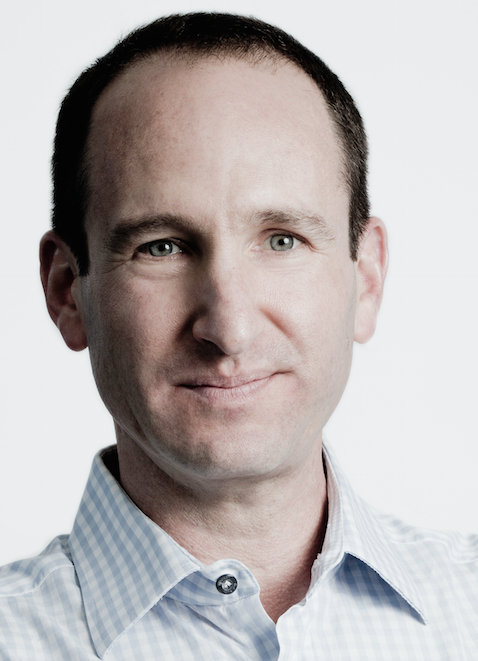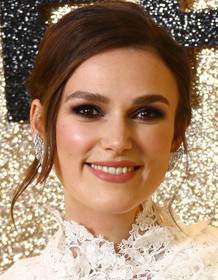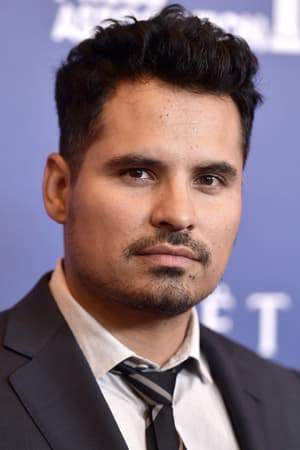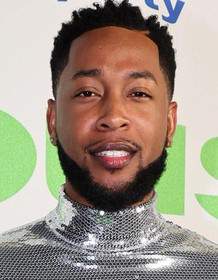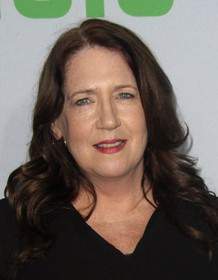Collateral Beauty 2016
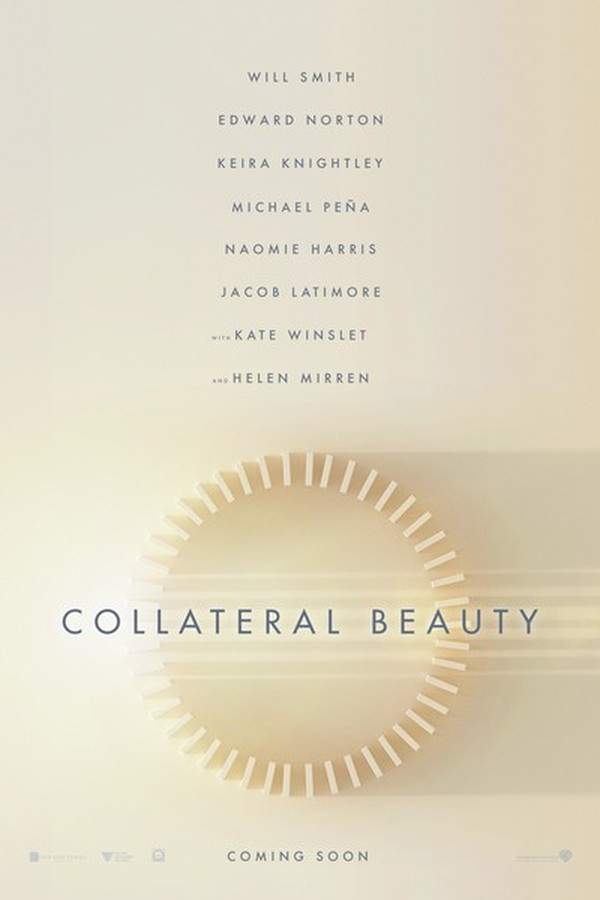
Following a devastating loss, a New York advertising executive spirals into deep despair. To help him cope, his colleagues devise an unusual plan, enlisting the help of three figures representing Love, Time, and Death. Through these unexpected encounters, he is compelled to re-evaluate his life and find beauty amidst his grief, ultimately discovering a renewed sense of hope and connection.
Does Collateral Beauty have end credit scenes?
No!
Collateral Beauty does not have end credit scenes. You can leave when the credits roll.
Meet the Full Cast and Actors of Collateral Beauty
Explore the complete cast of Collateral Beauty, including both lead and supporting actors. Learn who plays each character, discover their past roles and achievements, and find out what makes this ensemble cast stand out in the world of film and television.
External Links and Streaming Options
Discover where to watch Collateral Beauty online, including streaming platforms, rental options, and official sources. Compare reviews, ratings, and in-depth movie information across sites like IMDb, TMDb, Wikipedia or Rotten Tomatoes.
Ratings and Reviews for Collateral Beauty
See how Collateral Beauty is rated across major platforms like IMDb, Metacritic, and TMDb. Compare audience scores and critic reviews to understand where Collateral Beauty stands among top-rated movies in its genre.

23
Metascore
6.1
User Score


14%
TOMATOMETER

64%
User Score

72
%
User Score

2.9
From 624 fan ratings

4.00/5
From 16 fan ratings
Take the Ultimate Collateral Beauty Movie Quiz
Challenge your knowledge of Collateral Beauty with this fun and interactive movie quiz. Test yourself on key plot points, iconic characters, hidden details, and memorable moments to see how well you really know the film.
Collateral Beauty Quiz: Test your knowledge on the film 'Collateral Beauty' and its profound themes of love, time, and death.
Who is the protagonist of 'Collateral Beauty'?
Full Plot Summary and Ending Explained for Collateral Beauty
Read the complete plot summary of Collateral Beauty, including all major events, twists, and the full ending explained in detail. Explore key characters, themes, hidden meanings, and everything you need to understand the story from beginning to end.
As a once-thriving advertising executive, Howard Inlet (Will Smith) personified ambition and dedication. However, after the tragic loss of his young daughter, he was engulfed in an overwhelming sadness that rendered him incapable of finding relief in his usual activities. His daily life morphed into a blur of solitude, marked by elaborate domino constructions built both at home and work, a chilling metaphor for life’s fragility.
Worried for Howard’s well-being and the company’s future, his estranged friends and business colleagues—Whit Yardsham (Edward Norton), Claire Wilson (Kate Winslet), and Simon Scott (Michael Peña)—feared that his deteriorating mental state could irreparably tarnish their professional image. Their concerns heightened as Howard’s unpredictable behavior resulted in the loss of several key clients, pushing the agency to the brink of financial crisis.
In a bid to restore control over the company’s direction, Whit, Claire, and Simon engaged private investigator Sally Price to collect evidence that Howard was unfit to lead. This plan revolved around Sally intercepting letters Howard had mailed anonymously to abstract entities—Love, Time, and Death—in the hopes of unearthing material that could undermine his credibility.
To execute their scheme, the trio enlisted three struggling actors—Amy, Raffi, and Brigitte—to embody these very abstract concepts. Their plan aimed to bait Howard into telling tales that could potentially discredit him. As the actors engaged with Simon, Claire, and Whit, each grappled with their personal issues: Simon faced a secret battle with cancer, Whit attempted to reconnect with his pre-teen daughter Allison after betraying her mother, and Claire sought a sperm donor to fulfill her dream of motherhood.
Through these surreal encounters with “Love,” “Time,” and “Death,” Howard began attending a grief support group, where he met Madeleine, a woman who had undergone a similar heart-wrenching loss. Her heartfelt stories about discovering the collateral beauty that emerges after tragedy struck a profound chord with Howard.
As conversations within the group intensified, Amy’s guilt for manipulating Howard became unbearable, leading her to storm out. Recognizing an opportunity, Whit pursued her, declaring his romantic feelings in an effort to win her back. While initially resistant, Amy promised to continue with the plan if Whit committed to reconciling with his troubled daughter. Meanwhile, Simon confided in Brigitte about his fears surrounding his mortality and legacy, receiving her compassionate encouragement to share his burden with those closest to him.
Once again, the embodiments of Love, Time, and Death confronted Howard, who lashed out in anger, particularly targeting Love as he struggled to cope with his daughter’s loss. Love offered a soul-stirring reminder of his daughter’s life meaning, prompting him to rediscover solace in this profound realization. The following day, Howard faced the board of directors, where footage highlighting the group’s emotional experiences—minus the actors—was presented. As he processed the weight of his mental health and its repercussions on the agency, Howard expressed immense gratitude for his friends’ unwavering support, pledging to be a source of comfort in their times of need. With a heavy heart, he proceeded to sign the documents enabling the sale of the agency.
Simon confided in his wife about his health challenges, bolstered by her love. Subsequently, Claire met with Raffi, who offered her optimistic counsel, reassuring her of her future as a wonderful mother. As time moved forward, Claire faced the relentless march of time, but Raffi reminded her that the fight against it is ongoing, fueled by the positive relationships that enrich her life.
Whit approached Allison at school, confronting her initial hostility with persistence and love, promising to return each day. Gradually, her defenses softened, hinting at the promise of hopeful new beginnings as she mentioned the next day’s half-day of school.
On Christmas Eve, Howard visited Madeleine, who encouraged him to view a touching video of his late wife playing dominoes with their cherished daughter Olivia. Overwhelmed by emotion, Howard broke down, finally acknowledging his daughter’s name and the cause of her untimely death as tears streamed down his face. In a heartfelt embrace with Madeleine, it was revealed that Brigitte was integral in introducing her to the notion of collateral beauty—a striking reminder of the flickers of hope that persist even in dark times.
As the holiday season progressed, Howard and Madeleine walked through Central Park, their affection toward one another blossoming. However, across the way, Amy, Raffi, and Brigitte observed from a distance, only to vanish into thin air, leaving the couple to bask in the beauty of their newfound connection.
Watch Trailers, Clips & Behind-the-Scenes for Collateral Beauty
Watch official trailers, exclusive clips, cast interviews, and behind-the-scenes footage from Collateral Beauty. Dive deeper into the making of the film, its standout moments, and key production insights.
Cars Featured in Collateral Beauty
Explore all cars featured in Collateral Beauty, including their makes, models, scenes they appear in, and their significance to the plot. A must-read for car enthusiasts and movie buffs alike.
Quick Links: Summary, Cast, Ratings, More

What's After the Movie?
Not sure whether to stay after the credits? Find out!
Explore Our Movie Platform
New Movie Releases (2025)
Famous Movie Actors
Top Film Production Studios
Movie Plot Summaries & Endings
Major Movie Awards & Winners
Best Concert Films & Music Documentaries
© 2025 What's After the Movie. All rights reserved.



